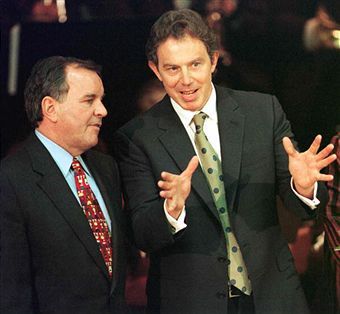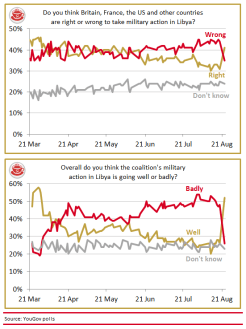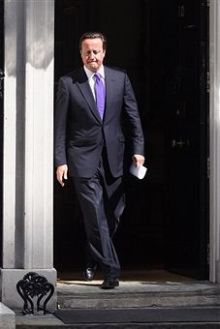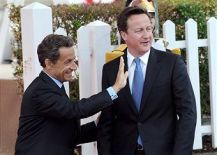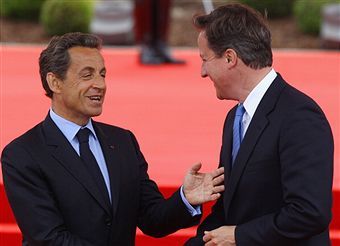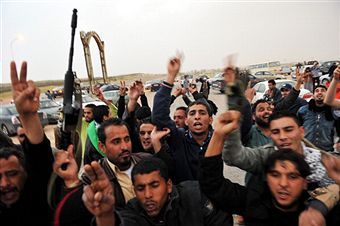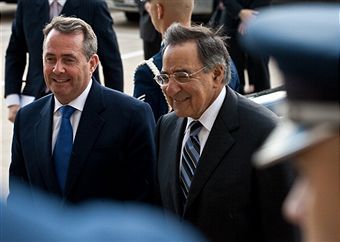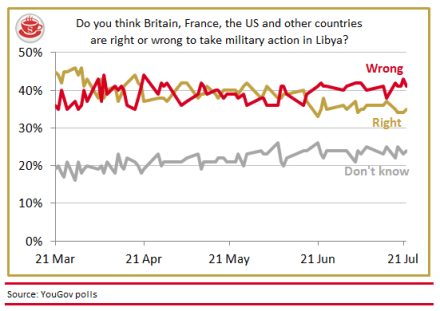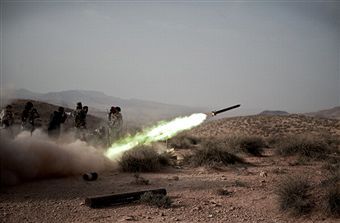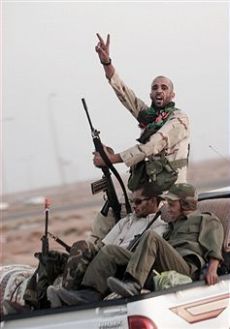Labour and the forces
The main event at the Labour conference this morning has been a long debate on Britain’s place in the world, featuring Douglas Alexander, Harriet Harman and Jim Murphy – shadow foreign secretary, shadow DfID secretary and shadow defence secretary respectively. The debate touched on liberal intervention, soft power and human rights; there was even a video message from Aung San Suu Kyi. But Murphy’s extended homily on the military covenant was the centre piece of the discussion. Murphy revealed a plan to allow servicemen to join the Labour party for just £1 and he also pledged to defend the pensions of retired servicemen and their widows from cuts, saying that reducing payments was



